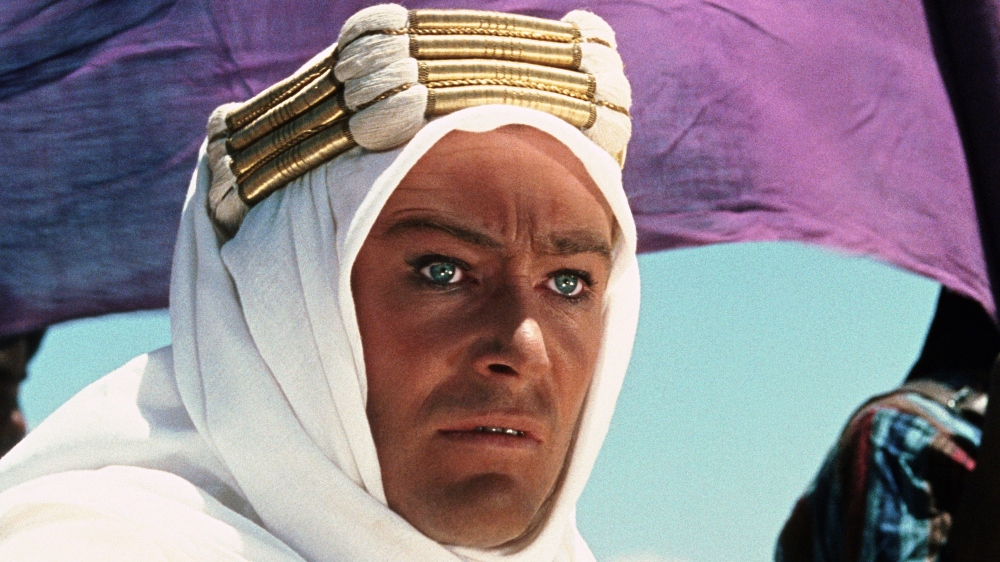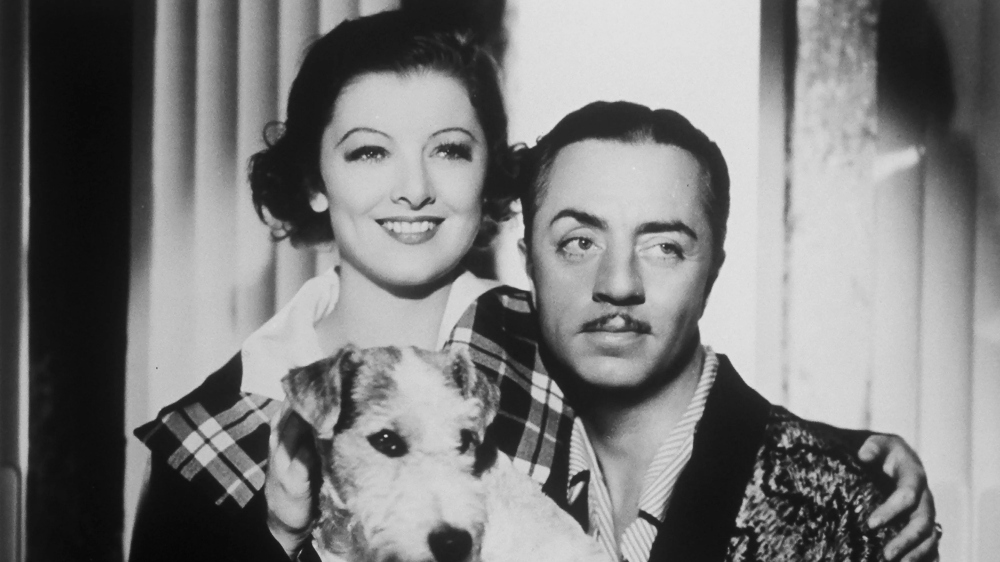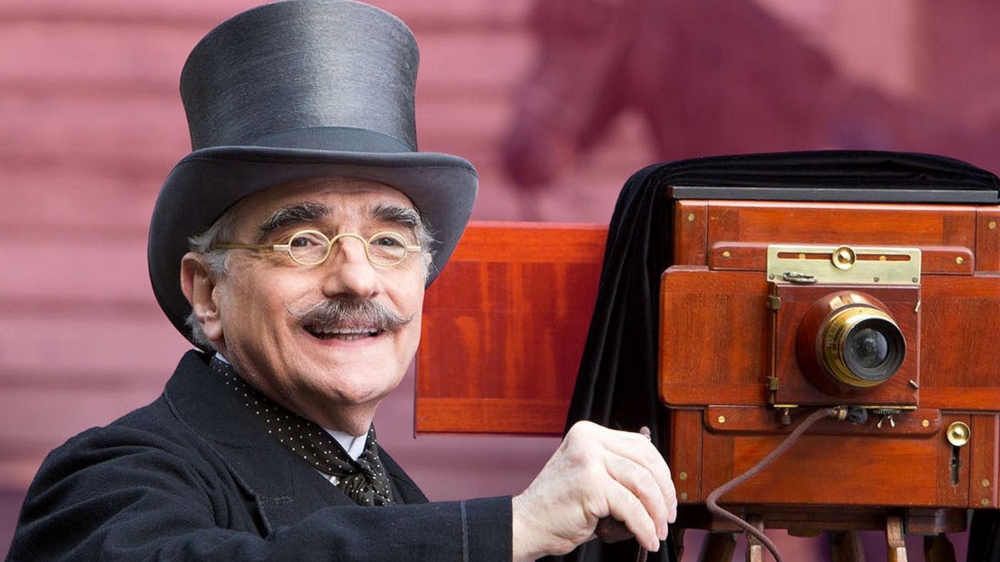I’ve written a fair amount about Warner Bros. Discovery CEO David Zaslav over the last few months. Some of it has been complimentary, as I cheered his hiring of Mike DeLuca and Pam Abdy to run the film division and James Gunn and Peter Safran to run DC, while I’ve been critical of the massive cuts he’s executed and the cavalier attitude he sometimes seems to have towards content.
Generally speaking, I tend to give people the benefit of the doubt and let them prove themselves, one way or the other — good or bad. With Zaslav, I still want to believe that he cares about content creation, and the studio’s rich history of it, rather than restrict his focus to purely financial matters.
However, his recent treatment of TCM and consideration of its importance — or lack thereof — to a creative community eager to see its work preserved, has me leaning toward revoking that benefit as I begin to doubt him more and more, as it’s becoming increasingly clear that he had no earthly idea of its importance.
And just how important is TCM? Well, allow me to explain…
I moved into a new place last summer after living in the same building for nearly 30 years. When I did, I realized that I no longer really needed cable, because the only network I watched anymore with any real regularity was TCM. Everything else I needed, I got via streaming, but that one network almost kept me attached to the cord. It was close.
Every few days, I would cycle through the next two weeks of TCM’s programming to see what movies were going to be shown so I could plan accordingly. I’m a cinephile, but one who missed a whole lot of movies before I got into my 20s, so I’ve been spending the quarter-century or so since doing my best to catch up and see all the brilliant stuff I’ve heard so much about — much of it made years before I was.

I looked forward to seeing what was coming. Once movies were recorded and on my DVR, I would set aside time to watch them sans distractions in order to ensure I could enjoy them to their fullest. It wasn’t just classics, either. The cult films that the network aired — like Smithereens or Zardoz or Strangers in Paradise, all of which I saw for the first time on TCM — were prime choices, as were old favorites like Lawrence of Arabia, which I would DVR every time it was on. Yes, literally every time.
I knew I was not alone in my love for this cable network. Years ago, when I interviewed legendary editor Thelma Schoonmaker — a three-time Oscar winner and first-ballot Hall of Famer who has been Martin Scorsese‘s editor for decades — she told me that the great director always has a TV on in the editing room and that TV is always set to TCM. This has become common knowledge in the years since, but at the time, it was an interesting tidbit about a filmmaker who I revered.
It was disheartening to me when I could no longer tune in to the network, though there was some consolation that first HBO Max and then its replacement, Max, had TCM tabs on their menus that featured many of the movies that the network would broadcast. The thing to know about me is that my television is always on when I work. It drives my wife crazy — or it did before we moved into a new place that had an extra bedroom we turned into my office — but it helps my creative process. I end up watching an enormous number of movies and an absurd amount of TV, and when I am between things and looking for something to watch, I go right to Max and click on that TCM tab to see what they have to offer.
As someone who loves movies and has a deep appreciation for film history, I relish the chance to be able to watch the classics that helped to define the modern era of cinema. It’s through TCM, after all, that I was able to see the work of Ida Lupino, who gained fame as an actor but whose work as a director paved the way for today’s independent film scene. It’s also through TCM that I was able to consume much of Akira Kurosawa‘s oeuvre, as well as those of Francois Truffaut and Luis Buñuel, among others.
I owe TCM a lot, but then, so do many others. It has almost singlehandedly kept the history of cinema alive, continuing to showcase so much art that has either been lost to the general public or slipped through the cracks. Annual celebrations of noir, musicals, and silent films all are hallmarks of what TCM does, and the network’s “31 Days of Oscar” is a fantastic opportunity to see the great movies of yesteryear that scored Academy Award nominations in their day. My DVR typically works overtime that month.

There’s no question that TCM is an integral part of cinema. Without it, we will lose something important and necessary — a sense of our history. Not to mention the fact that many great works of art will essentially be lost to the viewing public forever. If you think that’s hyperbole, consider where else one might be able to catch all five of the Thin Man movies, the early films of John Ford, or noir classics like Gun Crazy. The revival houses that use to dot the landscape have been closed down for years, and while New York City’s Film Forum is fantastic, it’s not like every town has a movie temple like that.
What I’m saying is, we need TCM. Without it, the movie business is nothing more than what it currently is — an IP conveyor belt devoted to CGI, superheroes, and CGI superheroes — and what it has evolved from becomes lost to history, and therefore irrelevant. I would argue that, without TCM — or, at least, without what TCM provides better than any other channel — the movie business loses its very soul.
So when all this was happening with TCM — the massive cuts, including the firing of key personnel such as longtime programming head Charles Tabesh, whose work so entranced me over the last quarter-century — it appeared that Zaslav was not really following through on an earlier pledge to protect it. He loved TCM and believed in its importance, or so he said.
But talk is cheap and actions speak louder than words and some other cliches. The fact was, this looked bad, and Zaslav was coming across more and more like the villain in this story.
Luckily, people with much more power than I noticed the writing on the wall and reached out before it dried. People who Zaslav actually admires — Steven Spielberg, Paul Thomas Anderson, and the aforementioned Martin Scorsese, who rode in to the rescue, pledging to guide the channel’s programming. Zaslav is now taking the network more seriously and pledging to save it anew, even restoring Tabesh to his position. All is well with the world. Or, at least, this little corner of it.

As happy as I am about this about-face though, I think it’s pretty clear that it could have been avoided. We live in an age of mergers and consolidation, and I’m not so naive as to think that the bottom line isn’t the most important thing to most of the people involved, but it’s sort of important to remember what kind of industry this is — which is to say, unlike any other.
If you’re not interested in the entertainment part of the entertainment industry, or preserving what sets this business apart and makes it special, then what’s the point? You can’t claim to care about something while sucking its very soul dry like some kind of corporate vampire, which is pretty much what Zaslav was doing.
This is not the first time recently we’ve seen the CEO of a company that oversees a studio get himself into trouble with his short-sightedness. Bob Chapek‘s missteps cost him his job running Disney. I don’t expect Zaslav to suffer a similar fate, not as a result of this situation, at least, but as these PR headaches keep piling up, it might be time to step back and take stock. Some of this stuff is pretty straightforward, and even a little bit of common sense can guide you in the right direction.
Zaslav was warned about TCM and its importance not just to the industry, but specifically to some of its biggest power players. He ignored those warnings and went about destroying the asset anyway. Now, he’s wiping egg off his face as he goes out of his way to reverse course and save it. This was a pretty massive self-own that could have been so easily avoided, and yet this particular misstep didn’t come as much of a surprise.
I just wonder how long it will be before the next one, and what, if anything, will be done about it.
 Neil Turitz is a journalist, essayist, author, and filmmaker who has worked in and written about Hollywood for more than 25 years, though he has never lived there. These days, he splits his time between New York City and the Berkshires. He’s not on Twitter, but you can find him on Instagram @6wordreviews.
Neil Turitz is a journalist, essayist, author, and filmmaker who has worked in and written about Hollywood for more than 25 years, though he has never lived there. These days, he splits his time between New York City and the Berkshires. He’s not on Twitter, but you can find him on Instagram @6wordreviews.
You can read a new installation of The Accidental Turitz every Wednesday, and all previous columns can be found here.



